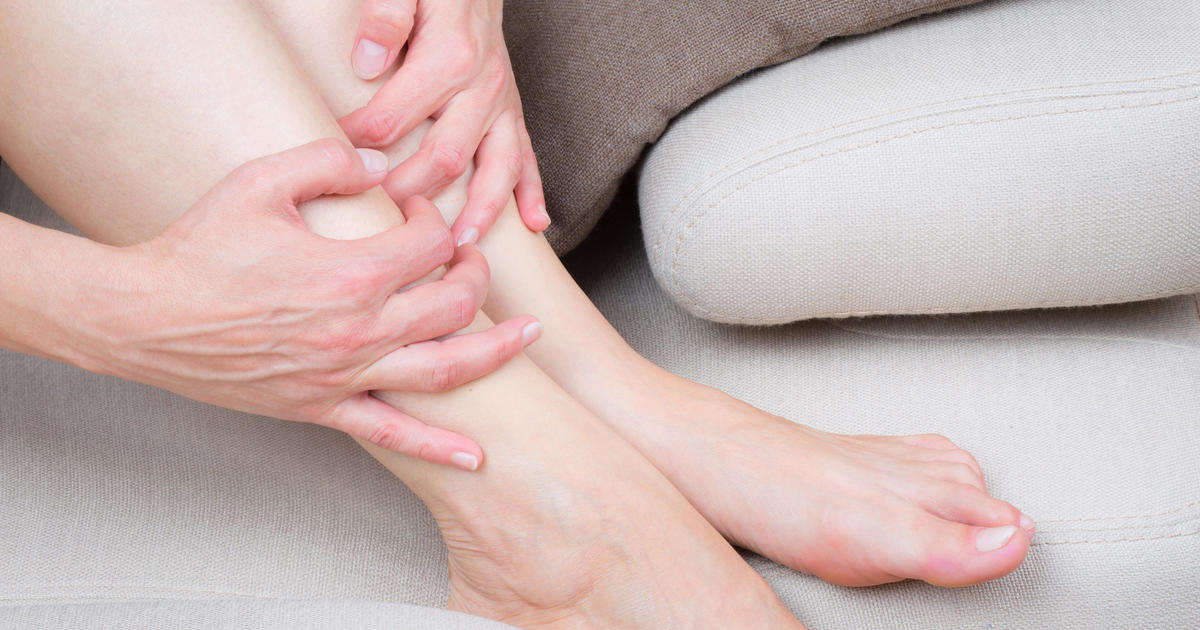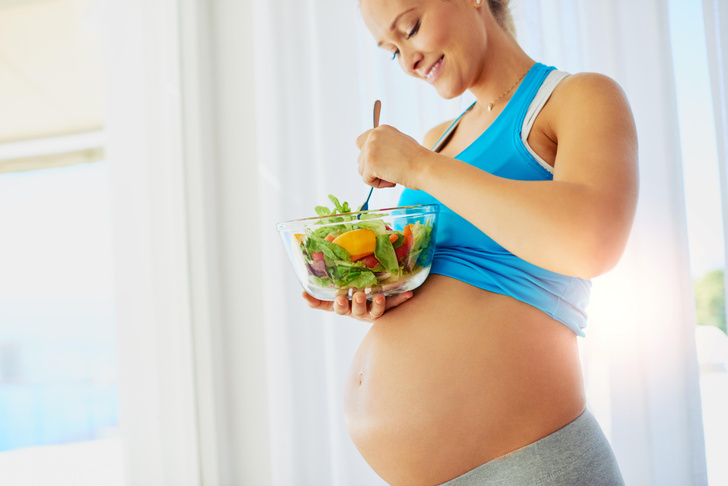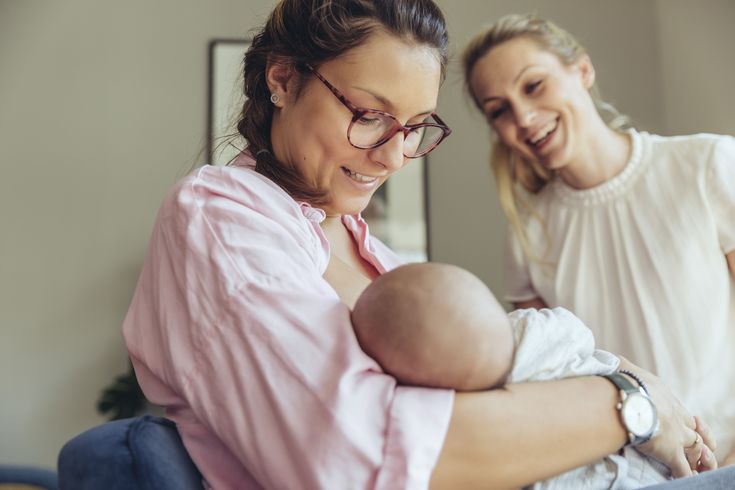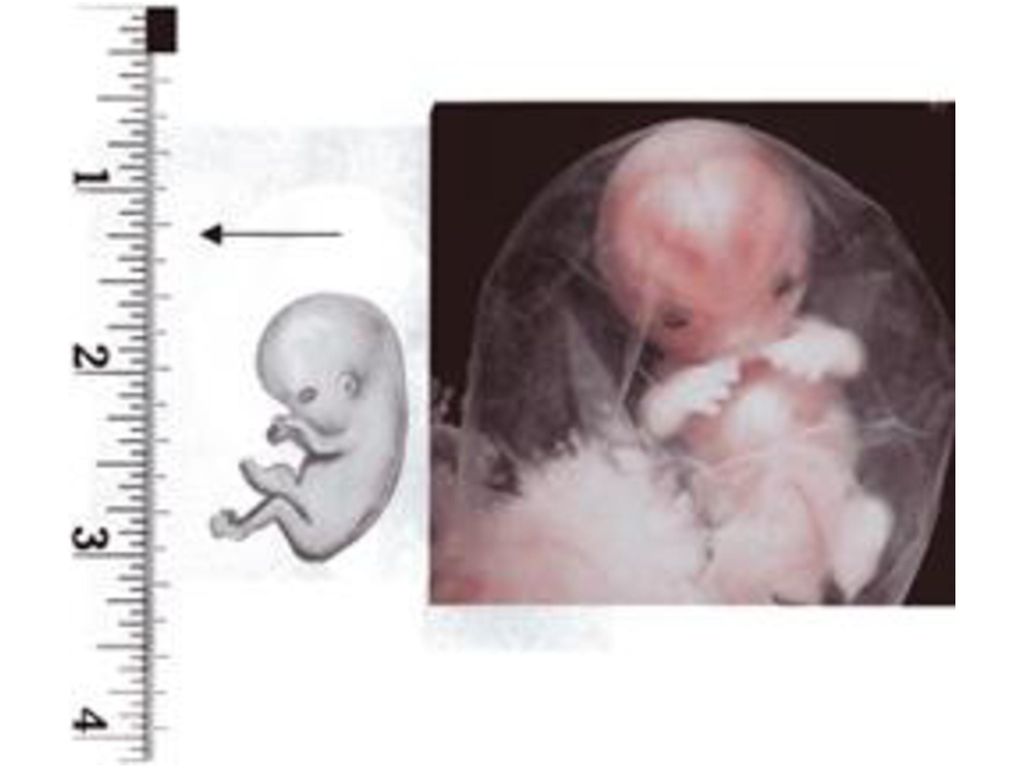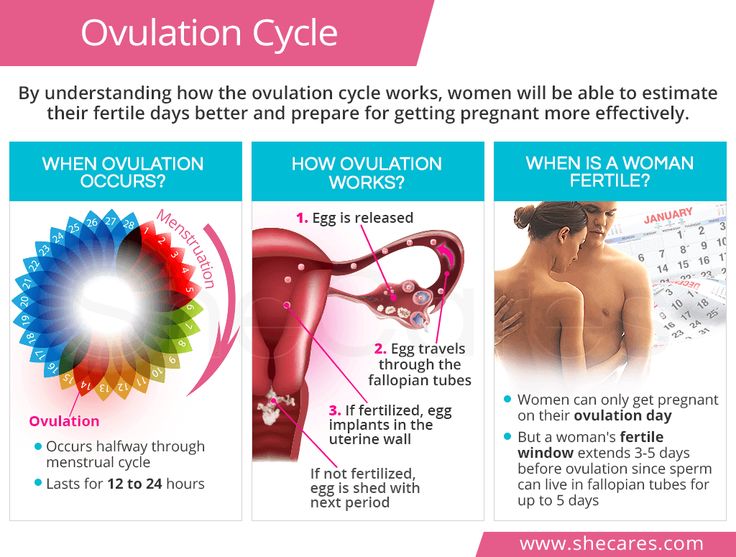Leg cramps symptom of early pregnancy
What causes leg cramps during pregnancy—and how to relieve the pain
Sleep is already hard enough to come by thanks to all those trips to the bathroom and the midnight parties the baby is having. And now you're adding leg cramps to the list. Here are a few ways you can relieve the pain.
After a long day of waddling around with your ever-growing baby belly, you finally settle in for some much-needed sleep. But just as you’re about to drift off, you get a sharp pain in your calf that jolts you wide awake. There’s nothing quite like pregnancy leg cramps.
What causes leg cramps?
YOU’RE PREGNANT!
Sign up to get weekly email updates on your baby »
Leg cramps are involuntary contractions of muscles at the back of the calf, and they often occur at night. Despite being a common pregnancy complaint, it’s not totally clear why they occur, says Amanda Selk, an OB/GYN at Women’s College Hospital in Toronto.
There are some theories, though. Leg cramps during pregnancy might be caused by fatigue, the uterus pressing on certain nerves, or decreased circulation in the legs from the pressure of the baby on blood vessels. They might also be caused by calcium or magnesium deficiency, or dehydration. But while being woken up by a sudden painful spasm is certainly unpleasant, leg cramps are generally nothing to worry about. (If they are severe and frequent, and are keeping you from sleeping, mention them to your health care provider at your next appointment.)
How can you relieve the pain?
In the midst of a spasm, try massaging your calf and flexing your foot, lifting your toes up and pushing your heel out, suggests Heather Martin, an Edmonton-based midwife. “Avoid pointing your toe—that exacerbates the cramping and can make it worse.” You can also try standing on a hard floor and lifting your toes to stretch the calf muscle and stop the cramping, holding onto something if needed for balance.
Natural cures for common pregnancy symptoms
Can you prevent leg cramps?
You can certainly try! Slowly flexing and releasing your feet several times before bed each night can help keep leg cramps during pregnancy at bay. Wearing compression stockings, and avoiding sitting or standing for long periods of time may also reduce the occurrence of cramping. Calcium and magnesium supplements can help too, as can lots of water. Martin recommends pregnant women drink two to three litres a day, but not in large quantities, as gulping down too much water can cause heartburn, another common pregnancy ailment.
Wearing compression stockings, and avoiding sitting or standing for long periods of time may also reduce the occurrence of cramping. Calcium and magnesium supplements can help too, as can lots of water. Martin recommends pregnant women drink two to three litres a day, but not in large quantities, as gulping down too much water can cause heartburn, another common pregnancy ailment.
Read more:
Varicose veins during pregnancy: Symptoms and treatment
What you need to know before booking a prenatal massage
Stay in touch
Subscribe to Today's Parent's daily newsletter for our best parenting news, tips, essays and recipes.- Email*
- CAPTCHA
- Consent*
Yes, I would like to receive Today's Parent's newsletter.
 I understand I can unsubscribe at any time.**
I understand I can unsubscribe at any time.**
FILED UNDER: Being pregnant health service seo Pregnancy Pregnancy health pregnancy symptoms
Leg cramps during pregnancy | Pregnancy Birth and Baby
Leg cramps during pregnancy | Pregnancy Birth and Baby beginning of content4-minute read
Listen
Leg pain can sometimes be a sign of a blood clot. If pain in your leg doesn’t go away, or if your leg is red, warm or swollen, see your doctor immediately.
Key facts
- Up to 3 in 10 people who are pregnant get leg cramps.
- Cramps are most common in your calf muscles.
- Cramps commonly happen at night in late pregnancy.

- To prevent leg cramps, try stretching your leg muscles before you go to bed and drink plenty of water.
- To ease a cramp, pull your toes up towards your ankle, rub the muscle, walk around or apply a heat pack.
What are leg cramps?
Leg cramps (pains) affect up to 3 in 10 people who are pregnant. They usually occur in your calf muscles, but can also occur in your thighs or feet. A cramp is a sign that your muscles are contracting very tightly when they shouldn’t be. This happens when acid builds up in your muscles.
Cramps usually happen at night. They are more common in your second and third trimesters.
Leg cramps are not the same as pelvic cramps.
What causes leg cramps during pregnancy?
There are many reasons suggested for cramps while you’re pregnant, such as changes to your metabolism, having a vitamin deficiency, being too active or not being active enough. However, nobody really knows why they occur in pregnancy.
How can I get rid of cramps?
To ease a leg cramp, you can try:
- stretching the muscle by pulling your toes hard up towards the front of your ankle
- rubbing the muscle firmly
- walking around
- a heat pack
If you have a partner, you could ask them to help.
If your muscles are still sore after the cramp has gone, you can take paracetamol for pain relief.
How can I prevent leg cramps?
Things you can try that might help prevent cramps include:
- stretching your calf muscles before you go to bed
- drinking plenty of water
- having a warm bath before you go to bed
- eating a balanced diet
- avoiding stretching your leg while pointing your toes
Magnesium, calcium, vitamin B and vitamin C have been suggested as a treatment for cramps. It’s not clear whether any of these supplements work, but people often try magnesium and calcium. If you’re interested in trying supplements, talk to your doctor or midwife about whether they might be suitable for you.
When should I talk to my doctor or midwife about cramps?
If leg cramps are bothering you, talk to your doctor or midwife.
Leg pain can sometimes be a sign of a blood clot. If pain in your leg doesn’t go away, or if your leg is red, warm or swollen, see your doctor immediately.
Speak to a maternal child health nurse
Call Pregnancy, Birth and Baby to speak to a maternal child health nurse on 1800 882 436 or video call. Available 7am to midnight (AET), 7 days a week.
Sources:
Therapeutic Guidelines (Muscle cramps, including leg cramps in pregnant women), NSW Government (Having a baby), Queensland Health (6 weird things that may happen to your body during pregnancy), King Edward Memorial Hospital (Minor Symptoms or Disorders in Pregnancy King Edward Memorial Hospital Clinical Guidelines: Obstetrics & Midwifery), Queensland Health (VTE in pregnancy (a blood clot in the vein)), NPS (Magnesium, a treatment for leg cramps?), Royal Women’s Hospital (Common concerns in early pregnancy)Learn more here about the development and quality assurance of healthdirect content.
Last reviewed: July 2022
Back To Top
Related pages
- Common discomforts during pregnancy
- Swelling during pregnancy
- Varicose veins
Need more information?
Pregnancy at week 28
You are now in the third trimester and you'll probably be feeling many of the common discomforts of pregnancy, like a sore back, swelling, heartburn or cramps.
Read more on Pregnancy, Birth & Baby website
Common discomforts during pregnancy
Your body has a great deal to do during pregnancy. Sometimes the changes taking place will cause irritation or discomfort, and on occasions they may seem quite alarming.
Read more on Pregnancy, Birth & Baby website
Pregnancy health problems & complications | Raising Children Network
Many pregnancy health problems are mild, but always call your doctor if you’re worried about symptoms. A healthy lifestyle can help you avoid health problems.
A healthy lifestyle can help you avoid health problems.
Read more on raisingchildren.net.au website
Pregnancy - signs and symptoms - Better Health Channel
All women experience pregnancy differently, and you will experience different symptoms at different stages of your pregnancy.
Read more on Better Health Channel website
Sleep during pregnancy
Sleep can become a problem when you're pregnant. Here are some tips to help you get as much sleep as possible so you’re ready for your baby's arrival.
Read more on Pregnancy, Birth & Baby website
Pregnancy at week 33
Your baby's brain and nervous system are now fully developed, and the baby is continuing to gain weight. You'll probably also be feeling sore and tired.
You'll probably also be feeling sore and tired.
Read more on Pregnancy, Birth & Baby website
Pregnancy at week 25
As you are approaching the end of the second trimester, you might be starting to feel a bit uncomfortable as your baby continues to grow.
Read more on Pregnancy, Birth & Baby website
Pregnancy at week 26
Your baby is starting to put on fat and muscle and as your baby grows, your centre of gravity will shift, so you might find that you are starting to walk differently and maybe even a little clumsy.
Read more on Pregnancy, Birth & Baby website
Pregnancy and your mental health - Better Health Channel
Finding out you are pregnant can be a very exciting time.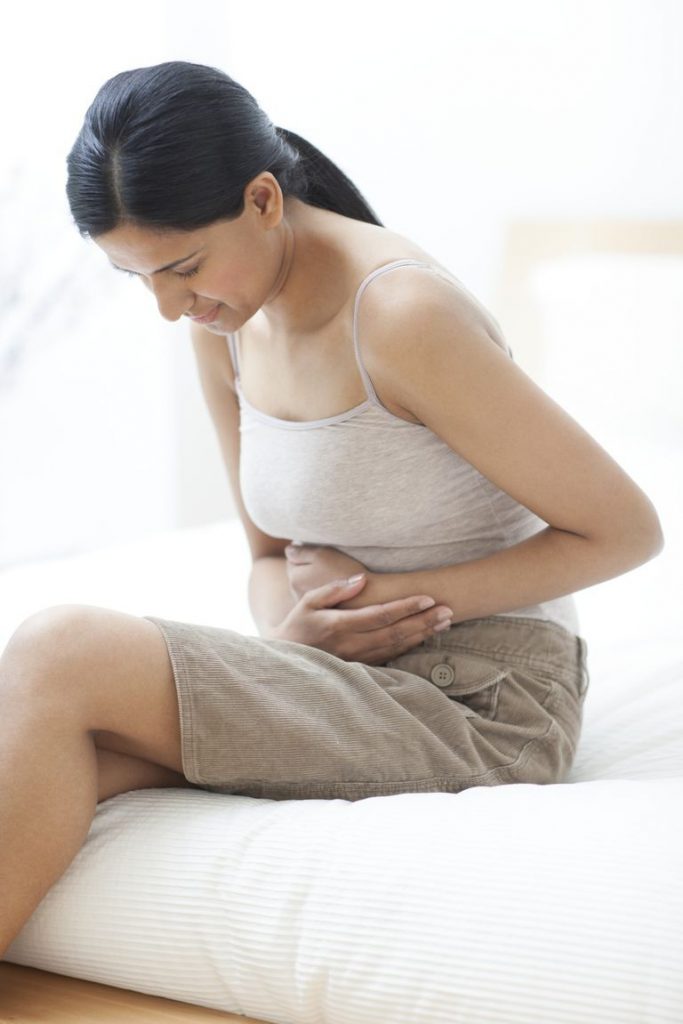 But it can also make you feel uncomfortable, unwell, worried and make you wonder how you are going to cope. And it doesn’t stop when the baby arrives. Some mums find it easy to adjust to life with a new baby. But others don’t!
But it can also make you feel uncomfortable, unwell, worried and make you wonder how you are going to cope. And it doesn’t stop when the baby arrives. Some mums find it easy to adjust to life with a new baby. But others don’t!
Read more on Better Health Channel website
Sclerotherapy - MyDr.com.au
Sclerotherapy is a treatment that involves the injection of a chemical solution into blood vessels, usually spider veins or superficial (surface) varicose veins on the legs.
Read more on myDr website
Disclaimer
Pregnancy, Birth and Baby is not responsible for the content and advertising on the external website you are now entering.
OKNeed further advice or guidance from our maternal child health nurses?
1800 882 436
Video call
- Contact us
- About us
- A-Z topics
- Symptom Checker
- Service Finder
- Linking to us
- Information partners
- Terms of use
- Privacy
Pregnancy, Birth and Baby is funded by the Australian Government and operated by Healthdirect Australia.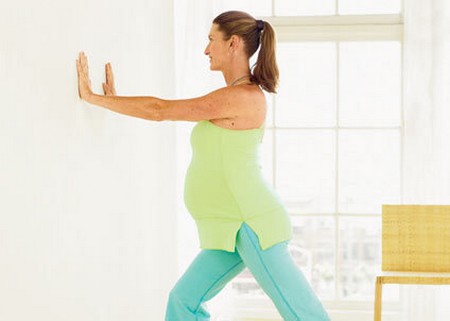
Pregnancy, Birth and Baby is provided on behalf of the Department of Health
Pregnancy, Birth and Baby’s information and advice are developed and managed within a rigorous clinical governance framework. This website is certified by the Health On The Net (HON) foundation, the standard for trustworthy health information.
This site is protected by reCAPTCHA and the Google Privacy Policy and Terms of Service apply.
This information is for your general information and use only and is not intended to be used as medical advice and should not be used to diagnose, treat, cure or prevent any medical condition, nor should it be used for therapeutic purposes.
The information is not a substitute for independent professional advice and should not be used as an alternative to professional health care. If you have a particular medical problem, please consult a healthcare professional.
Except as permitted under the Copyright Act 1968, this publication or any part of it may not be reproduced, altered, adapted, stored and/or distributed in any form or by any means without the prior written permission of Healthdirect Australia.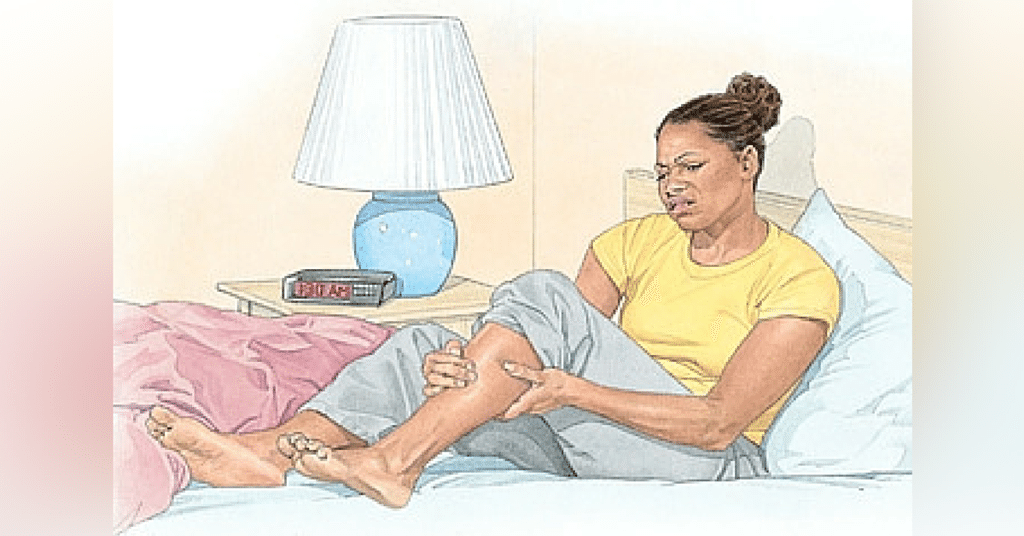
Support this browser is being discontinued for Pregnancy, Birth and Baby
Support for this browser is being discontinued for this site
- Internet Explorer 11 and lower
We currently support Microsoft Edge, Chrome, Firefox and Safari. For more information, please visit the links below:
- Chrome by Google
- Firefox by Mozilla
- Microsoft Edge
- Safari by Apple
You are welcome to continue browsing this site with this browser. Some features, tools or interaction may not work correctly.
how to understand that you are pregnant despite a negative test
How to understand that you are pregnant? Doctors and science vouch for the accuracy of these signs!
Vera Ermakova
A pregnancy test can confidently show one line, the menstrual cycle also continues to work, and pregnancy has already begun.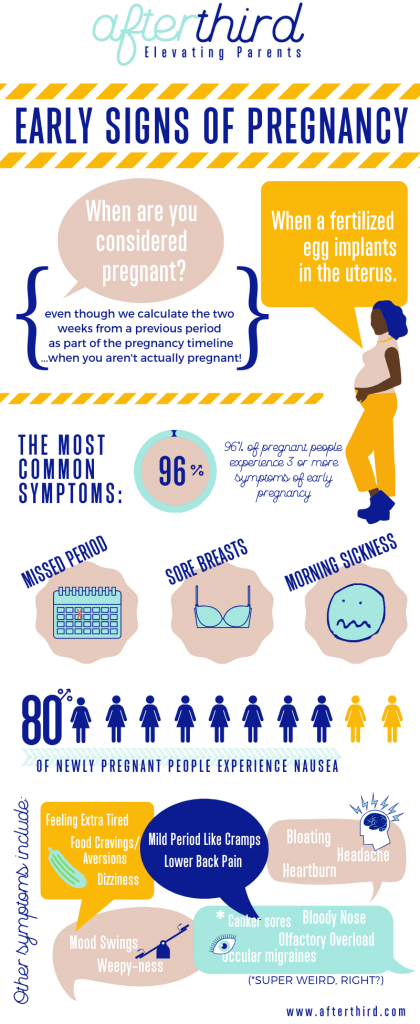 Is it possible to find out about this as early as possible? We have collected 7 very accurate, confirmed by doctors and science, early signs of pregnancy - just in case, everyone should know them.
Is it possible to find out about this as early as possible? We have collected 7 very accurate, confirmed by doctors and science, early signs of pregnancy - just in case, everyone should know them.
Your legs often cramp
Signs of pregnancy in the first weeks - during the first trimester of pregnancy, a woman may experience cramps in her legs: according to doctors, this is due to the fact that the body has changed the way calcium is processed. Now most of it that you get from food goes to the development of bones, teeth and other organs of your unborn child. Well, your bones become weaker - hence the cramps.
Your breasts have become very sensitive
Are your breasts very sensitive and even painful? Increased in size, and the nipples darkened? These may be the first, earliest signs of pregnancy. Often they appear even before the delay of menstruation.
You constantly want to sleep
Pregnancy causes a real hormonal storm in the body, and one of its consequences can be severe fatigue. A significant increase in the hormones estrogen and progesterone makes you constantly want to sleep, get tired and tired - so you can understand that you are pregnant, even before your period is late.
A significant increase in the hormones estrogen and progesterone makes you constantly want to sleep, get tired and tired - so you can understand that you are pregnant, even before your period is late.
You feel sick all the time
Early toxicosis can manifest itself not only in the morning: during the entire first trimester of pregnancy, women can feel nausea throughout the day. According to doctors, early toxicosis in pregnant women usually develops within the sixth week after the last menstruation. Not the most pleasant signs of pregnancy, but what to do, it also happens.
You want the strange
During pregnancy, almost all women notice a change in taste preferences: it is now impossible to look at foods that were once loved, and those that used to cause bewilderment at best now want to eat kilos. If you notice something similar behind you, make an appointment with a gynecologist - especially if, along with a change in taste, you suddenly become more sensitive to smells - these may well be the first signs of pregnancy.
Your mood fluctuates frequently
The same hormone cocktail of progesterone and estrogen that made you feel constantly tired is affecting your mood—and usually not for the better. You become more irritable, emotionally unstable and don't know what to expect from yourself. Of course, this may be a reaction to stress or fatigue - or maybe you are showing early signs of pregnancy.
You go to the toilet more often
In the early stages of pregnancy, a woman often needs to urinate. This is due to the fact that the blood flow to the kidneys increases, and they begin to work more actively. In addition, the growing uterus puts pressure on the bladder - and makes you run to the ladies' room again and again, even in the first weeks of pregnancy.
Have you experienced any of these early signs of pregnancy?
Interventions for leg cramps during pregnancy
What is the problem?
Leg cramps manifest themselves as sudden, intense involuntary contractions of the leg muscles. This is a common problem during pregnancy, especially in the third trimester. They are painful and can interfere with daily activities, disrupt sleep, and reduce quality of life. Various types of interventions are used to treat leg cramps during pregnancy, including medications, electrolytes (magnesium, calcium, sodium) and vitamins, as well as non-drug therapies such as muscle stretching.
This is a common problem during pregnancy, especially in the third trimester. They are painful and can interfere with daily activities, disrupt sleep, and reduce quality of life. Various types of interventions are used to treat leg cramps during pregnancy, including medications, electrolytes (magnesium, calcium, sodium) and vitamins, as well as non-drug therapies such as muscle stretching.
Why is this important?
The purpose of this review was to find out which treatment for leg cramps during pregnancy is effective and safe.
What evidence did we find?
In September 2019, we searched for evidence and identified eight randomized controlled trials in 576 women 14 to 36 weeks gestation comparing magnesium, calcium, calcium with vitamin D, or B vitamins versus placebo or no treatment, and compared vitamin C with calcium.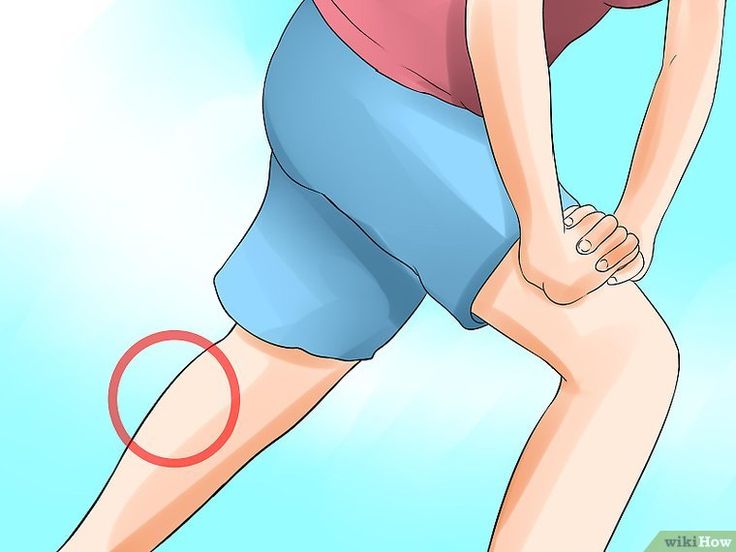 All drugs were given as tablets to chew or swallow.
All drugs were given as tablets to chew or swallow.
Magnesium supplements may reduce the incidence of leg cramps in women compared with placebo or no treatment, although studies have not been consistent. Different studies have assessed the effect of magnesium supplementation differently. Some studies have shown magnesium to help reduce the incidence of leg cramps, while others have shown little or no effect. Data on the effect of magnesium on pain reduction was also inconclusive, with only one study showing a reduction in pain intensity, while others showed no difference. Differences in the occurrence of side effects such as nausea and diarrhea were negligible or non-existent.
Calcium did not always reduce the incidence of leg cramps in women after treatment compared to those who did not receive any treatment. It also found that the evidence was of very low quality, so we cannot be sure of the results.
More women who received B-vitamin supplements made a full recovery compared to those who received no treatment; however, these results were based on a small sample size and the study had design limitations.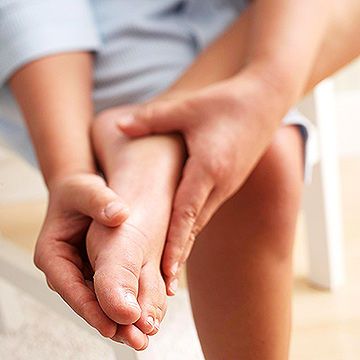
The frequency of leg cramps did not differ between women receiving calcium and women receiving vitamin C. with placebo.
What does this mean?
The quality of the evidence was low to very low. This was mainly due to small study sample sizes and study design weaknesses. Four studies were well-conducted and presented their reports. The remaining four had flaws in their design: in several studies, women were not best assigned to different treatment groups, and in two studies, women knew whether they were receiving treatment or not. Adverse effects, such as the effect of treatment on complications of pregnancy, childbirth and child, were not reported. Several studies have focused primarily on serum calcium and magnesium levels. The frequency and intensity of seizures and duration of pain were not uniformly reported, and there was often no information on whether they were assessed during treatment, at the end of treatment, or after treatment was discontinued.